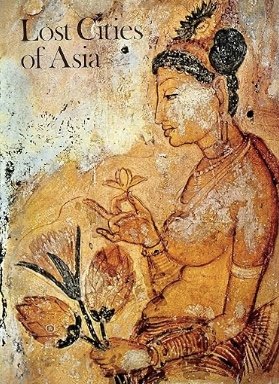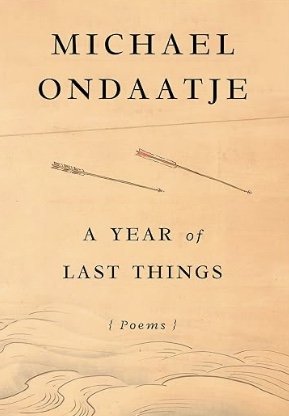Lost Cities of Asia by Wim Swaan (Elek London, out of print)
Once upon a time, travel was a luxury and Asia was an unexplored continent for many Westerners. The very wealthy might go to Tokyo or Hong Kong but Beijing was still Peking, with the entire city forbidden to tourists. Southeast Asia teetered in and out of being a war zone and Korea was a bad memory to most of the Western world. In those days, even European travel was still beyond the reach of many unless they submitted to package tours--”If this is Tuesday, it must be Belgium.” It wasn’t until the late 1960s that Iceland Air introduced the concept of budget flights to the masses and Lonely Planet launched the era of the backpacker.
It seems vaguely ludicrous now to open a book called Lost Cities of Asia and find one of its topics is Angkor Wat, which is now one of the most heavily visited sites on our planet. But the age of this book is obvious when readers find another “lost” region is called Ceylon (not Sri Lanka). Of the three corners of the world that are explored by the South African writer, Wim Swaan, only one might still be considered “lost”— Pagan, which even now remains off the tourist circuit.
Although Swaan was also known as a photographer, the plates that fill this coffee-table book seem almost crude by 21st Century standards. Most of them are black and white, while the ones that are in color lack depth and look like antique postcards. Many of the black and white photographs are marred by heavy shadows, taken by a man who must have been unused to working in tropical sunlight. However since there weren’t many glimpses of Ceylon, Pagan, and Angkor Wat in 1966 when this book was published, few people would have criticized Swaan’s technique. They would have been fascinated by the flawed images that showed places few people had ever seen.
It’s Swaan’s scholarship that makes this book a valuable resource half a century after it was first published. The man was not a travel writer and there are no lyrical descriptions or charming anecdotes. The most diverting passages are ones he quotes from past travelers who had viewed these places in distant centuries. Swaan instead employs his academic expertise as an architect and a historian which makes this book heavy going for the casual reader. It’s unfortunate that it’s literally too heavy to accompany the casual traveler as they explore the sites upon which he elucidates, because Swaan’s knowledge would expand their understanding of what they see.
Since Swaan’s early background was far from Europe or America, this may have given him a perspective unshared by writers from these continents who were his contemporaries. While most accounts of Southeast Asian sites written in the mid-20th Century compare them to “the glory that was Greece and the splendor that was Rome,” Swaan immediately pinpoints India as the primary influence upon Southeast Asia, one that influenced its architecture, its irrigation techniques that enabled the existence of its legendary cities, and its religion. Long before China exacted tribute from this part of the world, India shaped it.
However the process of “Hinduization” often clashed heavily with the indigenous cultures of the region. In the kingdom of Angkor, “both descent and inheritance were in the female line…so deeply ingrained that the subjugation of women prescribed by Hindu custom was flatly rejected.” At Pagan, the ancient gods, the Nats, were joined by the Buddha, not supplanted by him.
Although India has placed its stamp firmly upon Southeast Asia (to the point that when Pico Iyer took his mother to visit Angkor Wat, she viewed it as an ancient Indian colony), its past history was written by Chinese monks and merchants, whose quoted accounts bring life to Lost Cities of Asia. Perhaps one of the most invaluable portions of Swaan’s book is its bibliography which provides a springboard for future exploration. Yet even so, Swann’s writing offers a time capsule that evokes not only Asian history, but our own.~Janet Brown






